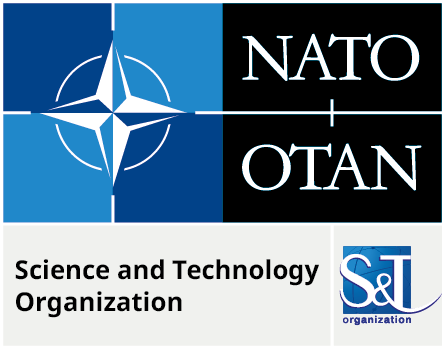Author(s): Tonsberg Even K.; Arnfinnsson Brynjar
|
If the Norwegian Armed Forces are to eliminate the need for fossil energy and fossil fuels, what are the technological possibilities? In what parts of the military is it relevant to apply the different technologies, and how will the technologies affect operational capabilities?
Citation:
ABSTRACT
The global energy market is changing. Climate change pushes civil society towards a low-carbon economy. Due to its reliance on civil actors, the defence industry must follow. This paper investigates potential energy carriers for the Norwegian Armed Forces in a decarbonized future. It seeks to identify operational benefits and limitations caused by utilizing green energy in a military context. Multiple carbon-free energy carriers are evaluated, including electricity, hydrogen, ammonia and nuclear fuel. Additionally, carbon-based alternatives in the form of biofuel and e-fuel are evaluated. Comparisons are carried out with regard to energy density, energy efficiency, greenhouse gas emissions and costs, and the results are used to assess each energy carrier’s suitability for different military platforms. The study intends to act as decision support for research commitments related to energy carriers, military platforms and long-term defence planning. The nature of the world’s energy supply transforms rapidly, whereas military acquisitions can impose a multi-decade restriction on the type of energy an armed force is able to apply. Hence, researchers and decision-makers must come together and act now.
DOWNLOAD FULL ARTICLE





